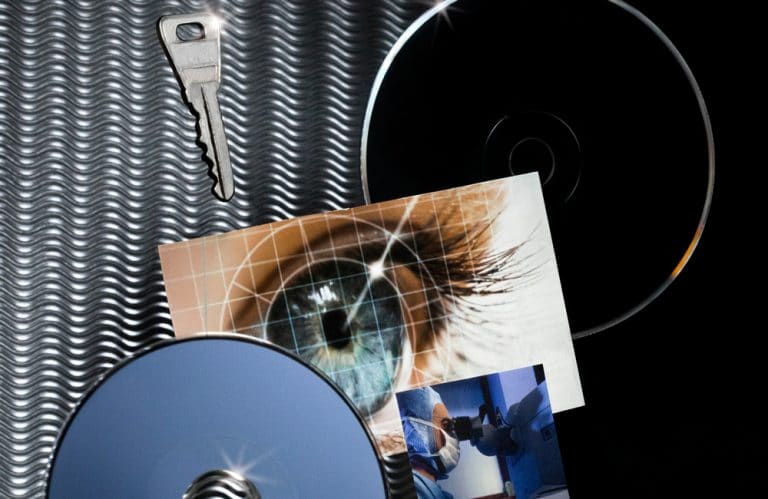New US bills could limit police use of facial recognition technology
Facial recognition is one of the many surveillance technologies that were the subject of controversy over the past couple of years for legitimate reasons: the privacy breaches that it results in are highly problematic while its regulation remains blurred. In the UK, for instance, it is used alongside closed-circuit TV networks, while in China it has been used by the police to identify suspect citizens and protesters using—in conjunction with other ‘classic’ biometric surveillance devices—facial recognition technology glasses that are able to recognise among crowds of people wanted criminals in no longer than 100 milliseconds.
But in the US, things might be changing. Since the killing of George Floyd last May, US Democratic lawmakers introduced several bills in order to restrict and monitor the use of biometric surveillance. The Facial Recognition and Biometric Technology Moratorium Act, proposed by Senators Ed Markey of Massachusetts and Jeff Merkley of Oregon as well as by Representatives Pramila Jayapal of Washington and Ayanna Pressley of Massachusetts, would make it illegal for federal law enforcement agencies to use the technology.
At the same time, Democratic Senator Chris Coons from Delaware and Republican Senator Mike Lee from Utah proposed the Facial Recognition Technology Warrant Act, which instead would require federal law enforcement to first receive a warrant from a judge before tracking a suspect live for a period longer than three days. Moreover, the bill would limit the period of surveillance allowed to a maximum of 30 days. Court administrators would also need to be informed on the request for tracking.
It’s no coincidence that such bills have both been introduced at this specific time. Recent studies have been highlighting the bias present in AI surveillance technology as well as its racial targeting, and at a moment when systemic racism within US law enforcement agencies continues to be exposed, additional concerns on the use of facial recognition technology are rising.

Senator Ed Markey recently stated that “Facial recognition technology doesn’t just pose a grave threat to our privacy; it physically endangers Black Americans and other minority populations in our country.” A recent piece published by the New York Times reported the story of an innocent black man who was misidentified in Michigan by a facial recognition software and unjustly arrested.
Surprisingly, the request for more restrictive laws for facial recognition technology has also been pushed by tech companies themselves, only after being pressured by activists to do so. In 2018, a letter addressed to Jeff Bezos and signed by around 70 civil rights and research organisations asked Amazon to reconsider providing governments facial recognition technology.
Among different points, the letter read: “People should be free to walk down the street without being watched by the government. Facial recognition in American communities threatens this freedom. In overpoliced communities of color, it could effectively eliminate it. The federal government could use this facial recognition technology to continuously track immigrants as they embark on new lives. Local police could use it to identify political protesters captured by officer body cameras. With Rekognition, Amazon delivers these dangerous surveillance powers directly to the government.”
The letter was followed by 150,000 petition signatures delivered to Amazon by the American Civil Liberties Union (ACLU) of Washington as well as an internal memo from the company’s employees and a tweet from the activist Amazon employees group Amazonians: We Won’t Build It calling out Bezos’ hypocrisy when it came to publicly backing up the BLM movement.
Which police contracts have you cut? How many remain? https://t.co/uhbPV6vLcI
— Amazonians: We Won't Build It (@WeWontBuildIt) June 2, 2020
Despite what seemed like an initial disinterest from Bezos towards the requests, two weeks ago Amazon stated that it is going to place a one-year moratorium of Rekognition (the company’s facial recognition system), following in the steps of fellow tech giant IBM and Microsoft, which recently announced they would stop providing the government and the police with their systems until the technology is properly regulated.
In light of the recent protests asking for a radical change in US law enforcement, scrutiny towards facial recognition technology surveillance seems imperative. The proposed bills, along with the change of policy from tech companies providing the surveillance systems, could potentially set a new direction for governmental use of an extremely dangerous surveillance tool that was already revealing its flaws at the expense of innocent citizens.





